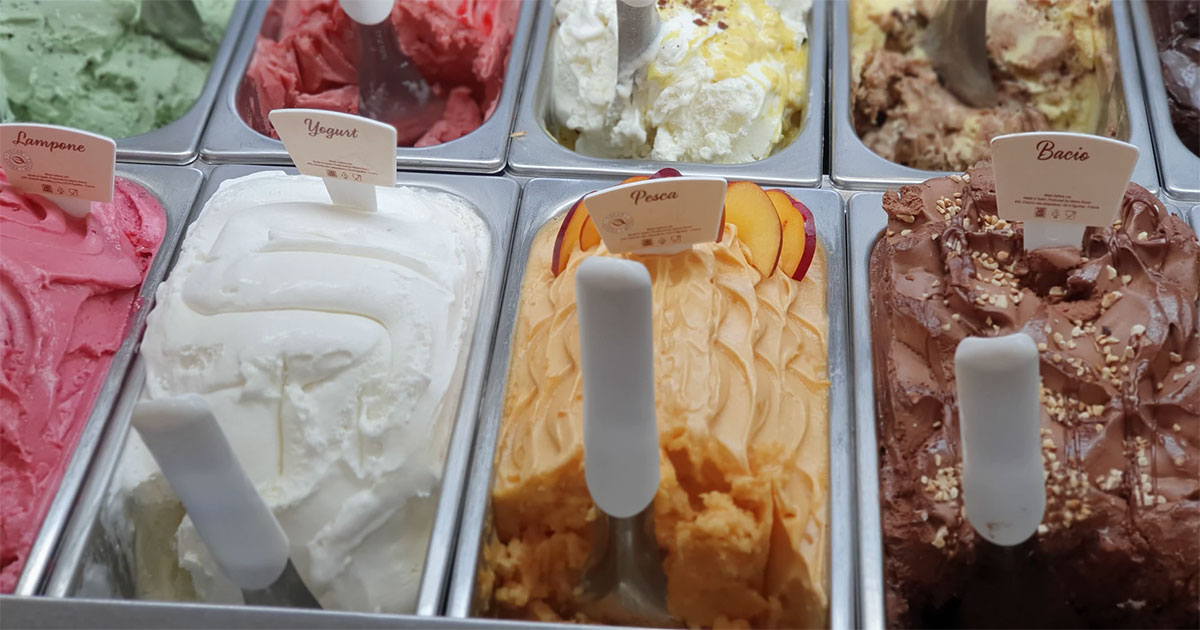Traces of the Covid-19 coronavirus have been discovered in ice cream produced in China.
The discovery has led to a government recall of products and 1,662 employees placed in quarantine.
Company sealed
The Daqiaodao Food Co., Ltd. in the northern Chinese city of Tianjin, adjacent to Beijing, has been sealed.
The authorities in Tianjin said three samples of ice cream had been found to contain traces of the coronavirus that causes Covid-19.
Source traced to Ukrainian milk powder
An investigation suggested that Ukrainian milk powder used to make the ice cream was the likely source.
Three samples of the powder and two further samples of ice creams from the same batch were also found to contain Sars-CoV-2.
This was discovered after taking more than 2,800 samples from the ice cream, packaging, manufacturing plants and retail stores.
No one tested positive
There was no indication anyone had contracted the virus from the ice cream after employees were tested for the coronavirus.
Majority of ice cream not sold
Authorities said that the company produced 4,836 Covid-19 contaminated ice cream boxes.
Some 2,089 of which have already been sealed and contained in storage as of Jan. 14, AP reported.
The ones sold in Tianjin stores were being tracked down.
Most of the 29,000 cartons in the batch had yet to be sold, AP reported.
Authorities in other areas have been notified.
A total of 21 ice creams remained unaccounted for, the authorities said.
Risk of catching Covid-19 from food low
The World Health Organisation (WHO) has said the risk of catching Covid-19 from frozen food is low.
However, China has linked infections to imported food.
In November 2020, a truck driver from Tianjin was infected with a strain of Covid-19 found on pork imported from North America that he had handled.
Ice cream eaten cold might present problems
The contamination of ice cream is seen as a new risk as the food is consumed directly without heating or cooking first.
The cold environment can also prolong the lifespan of the virus.
Top photo via Unsplash
If you like what you read, follow us on Facebook, Instagram, Twitter and Telegram to get the latest updates.
